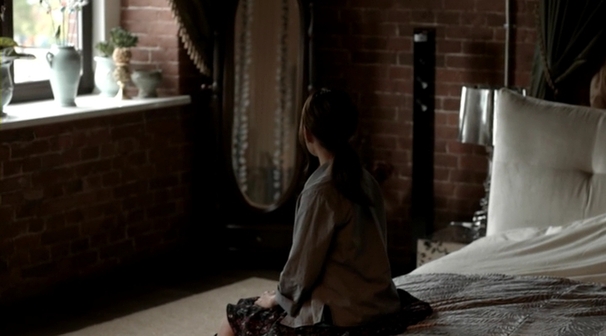 After an encounter with a man in Tokyo leaves her infatuated, Akiko, a young, naive woman, travels to Vladivostok, Russia in order to find the man she is simply unable to forget. Even though she is able to find him, Matsunaga does not remember meeting Akiko, telling her to not trust anyone in a foreign country she knows little about. Still unable to break free of her obsession with Matsunaga, she tracks him down again where she is attacked by some form of Mafia and thrown out in the middle of nowhere with no money or passport. Kiyoshi Kurosawa's Seventh Code is one of the filmmakers most trivial films, though it does have some qualities of merit. Seventh Code is a film in which Kurosawa attempts to capture youthful exuberance as it pertains to young people's desires to reach for their dreams and/or change the world. It's a strange, slight film when all is said and done, but Seventh Code is an interesting experiment on tone and genre too. Seventh Code is a film that dances between the lines of absurdist comedy, and dangerous mystery, creating a strange film that almost feels like a lesson for teenagers. It's about persistence and this youthful exuberance of hope but it also creates a pretty intense cautionary tale centered around the notion that people are not always what they appear to be. Like all of Kurosawa's films, Seventh Code is a visually impressive film, with great use of lighting and composition that effectively create a sense of isolation, loneliness, and determination, perfectly capturing the main protagonist's emotions. Kiyoshi Kurosawa's Seventh Code is a slight, odd-experience that is far from one of the director's more impressive works but to say it has little merit would be unfair as well.
0 Comments
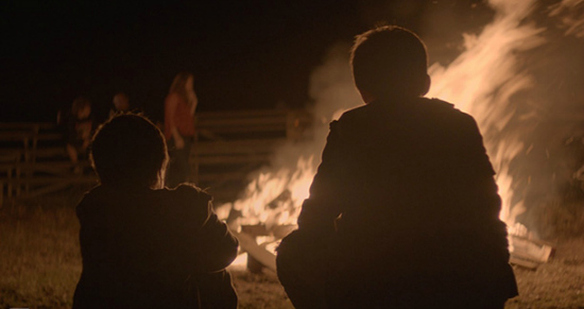 Kat Candler's Hellion is the story of a family on the brink of collapse in a small, rural Southeast Texas town. Jacob, the elder brother of the family unit, is a metal listening, dirt bike enthusiast whose behavior has started to raise questions around town as it pertains to his father, Hollis' ability to control his children. Things quickly escalate when Wes, the youngest brother, is pulled into Jacob's delinquent behavior prompting foster care to temporarily force West to live with his Aunt. Kat Candler's Hellion is a powerful family story with a great central performance by Aaron Paul but unfortunately it's a film that doesn't trust its characters enough, relying on a few ham-fisted plot devices that simply feel overly-dramatic and cheap. In terms of point of view, Kat Candler's Hellion struggles at times deciding whose story it is. It's clearly an ensemble piece about a family dealing with the death of their mother/wife but the film never seems to choose whose point-of-view is the primary focus. The film begins from the point of view of Jacob, capturing the adolescent angst and delinquency of an emotionally unstable youth before becoming much more about Hollis' struggles as a single father attempting to deal with sorrow of losing his wife and their mother. These stories are both strong but I believe the film would have worked better if it chose one and strengthened it. Hellion is simply put, a downbeat father-son story about accountability which mirrors its protagonists, feeling more like a work in progress that occasionally succeeds but often meanders around the typical tropes of a broken home and delinquent youth. 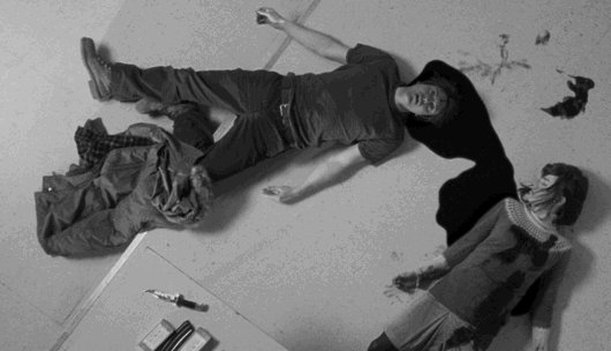 Denis Villenueve's Polytechnique is a haunting dramatization of the shooting which took place at a Montreal school in 1989. Similar to Gus Van Sant's film, Polytechnic spends time early on in the film creating a sense of foreboding dread, that lingers up into the actual catastrophe begins. Polytechnique use of the monochrome palette with stark cinematography only elevates the tension, creating a mounting sense of unease that delivers an abrasive response when the carnage begins. Villeneuve spends a lot of time with not only the victims but also with the killer, making no judgements of the situation, intent on simply recreating a historical event and making the viewer wallow in it. Similiar but different than Gus Van Sant's Elephant, Polytechnique's structure is layered through the use of various viewpoints. For the most part the story ir emotionally exhausting and resonant but there are a few moments where validity comes into question, being how emotionally manipulative they seemed to be. Villenueve's artistic craft serves a film like Polytechnique well, using beautiful photography and great use of sound design to deliver a haunting but important record of a terrible school shooting in Montreal in the late 80s. 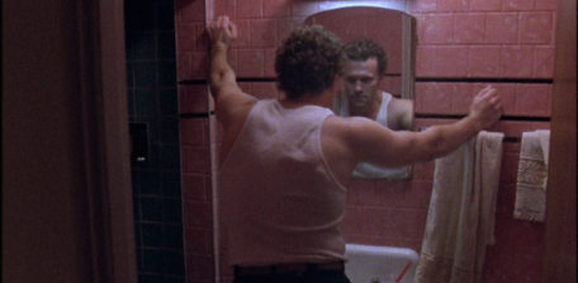 Loosely based on the story of murderer Henry Lee Lucas, John McNaughton's Henry: Portrait of a Serial Killer follows recently released inmate Henry who routinely goes out on the town to study/select his latest innocent victim. Occasionally his roommate Otis joins Henry on their murderous rampages, even going as far to capture the murders on videotape. When Otis' sister comes to stay with them for a little while, we are able to see a different side of Henry, a shy, "boy-next-door" type who takes a liking towards Otis' sister. Henry: Portrait of a Serial Killer is one of the more disturbing and engrossing examinations of mass murderers ever committed to celluloid. One of my favorite films of all time is Gerald Kargl's Angst, which I believe to be the greatest in-depth examination of a sociopath. Henry: Portrait of a Serial Killer is successful in a lot of the same ways, though it focuses more on the detached violence than the mentally-disturbed aspect of Kargl's film. This is not a slasher flick, with violence in Henry being downright clinical, capturing how nonchalant it is for a mass murder to take the life of another. While this is a hard film to watch, it surprised me how little screen violence actually exists, instead focusing on observing the aftermath. The film intentionally holds on these sights of carnage and violence much longer than desirable, forcing the viewer to take in the loss of life and supreme violence capable in the heart of an evil man. My biggest complaint about Henry is that it never really gets into his point-of-view, seemingly always looking at this troubled man from an outside perspective. John McNaughton's Henry: Portrait of a Serial Killer assaults the viewer from start to finish, using abrasive sound design and imagery to create a truly intense exploration of evil. 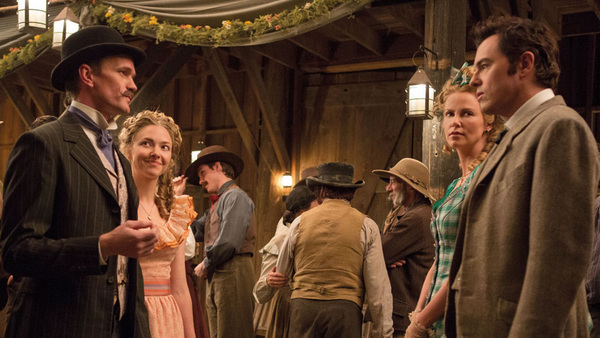 Living in the incredibly dangerous frontier, Albert, a cowardly sheep farmer, keeps his head down in an effort to stay above ground. After backing out of a gunfight, Albert's golddigger girlfriend leaves him for a wealthy, high-status man of the town. When Anna, a beautiful but mysterious woman, arrives into town, she befriends Albert, teaching him to stand-up for himself but more importantly find his own sense of courage and confidence. Anna makes Albert happy again but when Anna's husband, the most notorious outlaw in the region, comes into town, Albert is forced to put his new-found courage to the test. Seth Macfarlane's A Million Ways to Die in the West is a bloated, unfunny mess of a film that recycles jokes in an attempt to keep things fresh throughout its two hour running time. This is a story that could have easily been in the 90 minute range but instead it's padded to an unnecessary 115 minutes that seriously drags in the second half. While I thought his previous film TED was merely passable, it at least was a story that perfectly fit Macfarlane's strengths of potty humor and randomness. A Million Ways to Die in the West is just lazy filmmaking that doesn't feel like a parody of the western genre at all. The wild west is merely a setting for Macfarlane to insert his various characters to play in, where they gleefully expunge potty humor and other low-brow comedy. Set Macfarlane's A Million Ways to Die in the West is a lazy western parody that just isn't very funny, with maybe one in every five jokes garnering a chuckle. 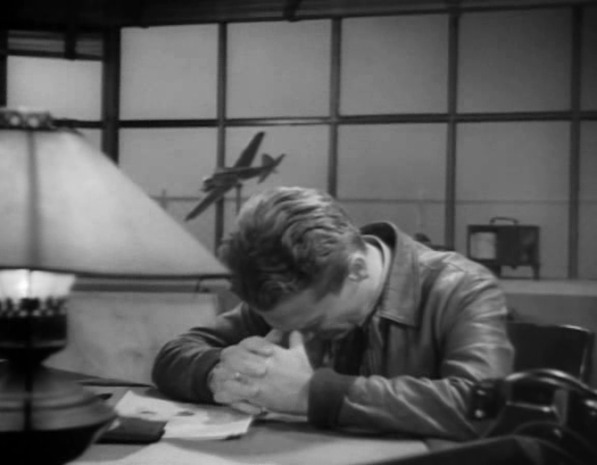 Howard Hawks' Ceiling Zero is an ode to the bravery and courage of aeronautical pilots during the early days of air transport. The film centers around two old war veteran buddies who work for the U.S. Mail. James Cagney plays Dizzy Davis, a cocky pilot whose love of the sky can only be rivaled by his love of women. Dizzy can back up his trash talk as he is one of, if not the best pilot they have. Pat O Brien plays Jake Lee, the sober, hard-working ground commander who does his best to keep Dizzy out of trouble. The story centers around Dizzy latest potential price, the beautiful Tommy Thomas, who Dizzy pursues heavily after arriving home from his latest mission. On thin ice with the higher ups already, except for Pat, Dizzy ditches his latest dangerous mission in order to take Tommy out for a night on the town. Another pilot takes Dizzy's place, leading to a catastrophe that alters Dizzy's destiny. Ceiling Zero is a terribly underrated film in Howard Hawk's catalog, an engrossing drama that shows a man coming to terms with his shortcomings. Dizzy is a character whose intentions are almost entirely selfish and the way that Hawk's and Cagney develop this character makes the finale of the film that much more powerful. The job these brave men and woman did everyday is Hawk's number one priority, constantly reminding the viewer of the courage these people showed in the face of danger everyday. One way he does this is in the character Mike, a former pilot, whose sole responsibility now is to clean the office. Mike is referenced as being one of the best pilots around but a plane crash left him mentally and physically altered, unable to contribute as a pilot. This is just an example of the heroism and danger associated with air travel during the time period that Hawk's explores. Howard Hawk's Ceiling Zero deserves a lot of credit for just being able to jam that much dialogue and heart into the narrative with Hawk's creating a film about responsibility that rings incredibly true. 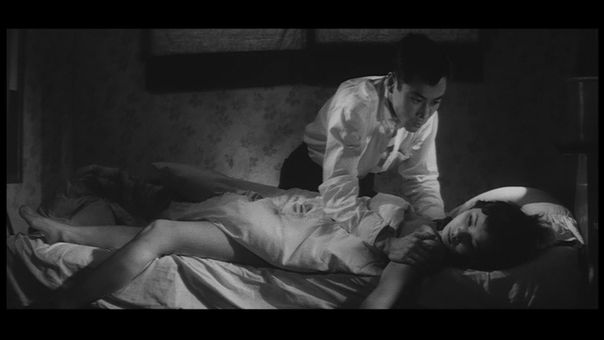 Teruo Ishii's Black Line is the closest a Japanese film has ever been to watching a actual American film noir. A man chases a woman through the streets, stopping by a fortune teller to aid him finding her. He is escorted into a room, drugged, waking up to discover the woman's dead body. From there Black Line boils down to a dark detective story about drugs and prostitution that echos elements of the cynicism and expressionistic filmmaking of film noir. It has drugs, hit men, prostitutes, and murder, yet It never fully immersed me in the experience. Given this subject matter, the story itself should have been far more compelling than it actual is, which left me a little detached instead of engrossed. What does really stand out about Black Line is the stylistic cinematography. Teruo Ishii has crafted another beautiful looking film full of visual storytelling. The point of view that Ishii is able to give with composition choices is expressionistic filmmaking at its finest. While Teruo Ishii's Black Line is not nearly as sleazy or violent as most of his other work, it is a solid experience because of Ishii's directorial talent and supporting crew. 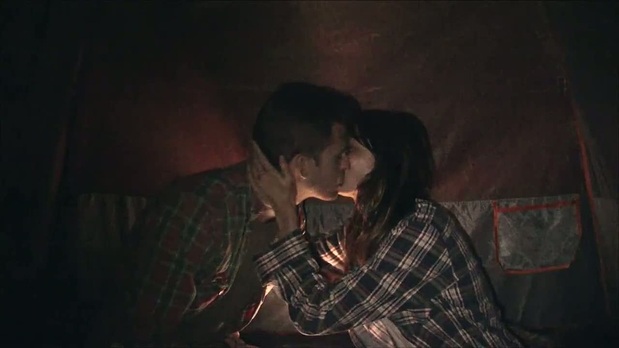 Bobcat Goldthwait's latest film Willow Creek, tells the story of Jim, a bigfoot believer, who entices his girlfriend into a getaway deep into the Six Rivers National Forest in Northern California. Armed with a video camera, the couple ventures out into the forest in search of Bigfoot. His girlfriend, Kely, is far from a believer, but as they venture farther into wilderness, strange occurrences begin to occur, making the couple scared for their safety. Bobcat Goldthwait's Willow Creek is the latest film in the "found footage" horror genre that succeeds more so than it doesn't because of its simplicity. Less is more in Willow Creek, as Goldthwait let's the viewers imagination fuel their fear, relying on off camera theatrics to do most of the damage. A horror story at heart, Willow Creek cares enough about its characters to make them dimensioned, with Kate and Jim being two lovers who jostling with gender dynamics. With a clever, open ending, Bob Goldthwait has created a clever film of the found footage genre that is far from perfect, but it does manage to achieve nearly everything it sets out too. 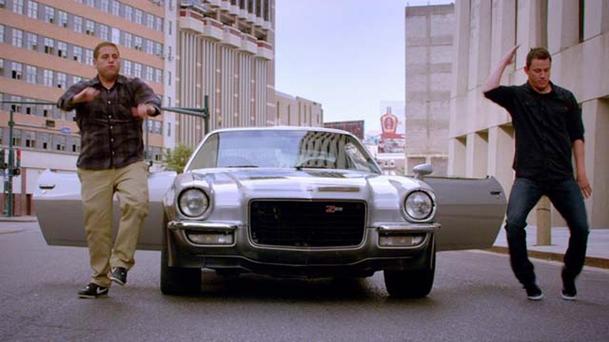 After successfully bringing down a synthetic drug operation by going undercover as high schoolers, Schmidt and Jenko are viewed as assets by their commander officer. They are tasked to conduct a similar operation as before, go deep undercover at a local college in an effort to bring down the supplier of the latest drug craze. While undercover, Jenko becomes close friends with members of the football team, creating strain on Jenko and Schmidt's partnership. This leads to Schmidt and Jenko being not only responsible for solving the case, but also responsible for determining if they can put their differences behind them and be mature partners. Phil Lord & Christopher Miller's 22 Jump Street is a film that could have so easily suffered from the typical tropes of the comedy sequel, being a rehash of ideas from the first film with more expensive set-pieces. Fortunately, Phil Lord and Christopher Miller are blissfully aware of this, creating a very self-aware film in 22 Jump Street that laughs at its own generic plot while subtly and not-so subtly poking fun at the comedy sequel genre as a whole. 22 Jump Street knows it has the exact same plot as the first film and in the way the film embraces this is what makes it so much fun. With little focus on the plot of the film, 22 Jump Street is able to focus on the comedy and relationship between our two main protagonists, delivering fresh, unique humor from start to finish. Being the type of film it is, 22 Jump Street can't really exceed the first film but it's incredibly fun and smart in its own right. In the end, 22 Jump Street's self-aware comedy and like-able stars, make it one of the best comedy sequels ever made. 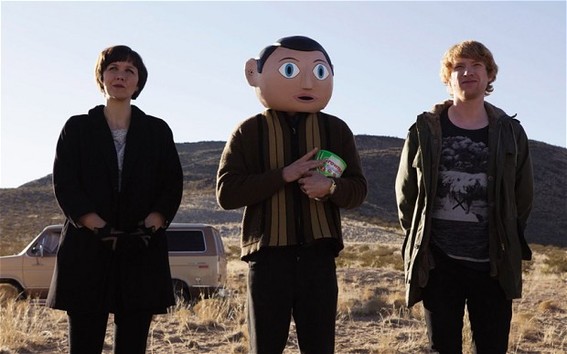 Jon, a young man who aspires to be a musician, finds himself in over his head when he plays a one-time gig with a eccentric pop band led by the enigmatic and mysterious Frank, lead singer and visionary artist. Frank loves what he sees in Jon, inviting him to join their band, where they soon retreat to a cabin in the woods to record an album. Frank is a unique musician, for more than the simple fact that he always wears a giant plaster head, he makes music purely for the joy of the creative process. With cabin fever sinking in, Frank's influence begins to waiver, leading to creative tensions which threaten the band's whole original purpose for existing. Lenny Abrahamson's Frank is a thoroughly entertaining dramedy which succeed on both a comedic and dramatic level, though never excelling at either. The film's main theme is pretty clear-don't let anyone dictate what makes you artistically satisfied- but it managers to never come off as preachy or overindulgent in the process. Stylistically the film borrows from Wes Anderson's playbook, using insert shots, dead-pan delivery, and inventive editing to create a quirky, memorable experience. Frank is certainly one of the most interesting characters in recent memory, an enigmatic caricature that personifies creativity, struggling in his own ways. While I don't think Frank completely succeeds at all of its dramatic intentions, particularly its portrait of mental illness, it's a unique, fascinating portrait of the importance of artistic freedom, expression, and resolve. |
AuthorLove of all things cinema brought me here. Archives
June 2023
|
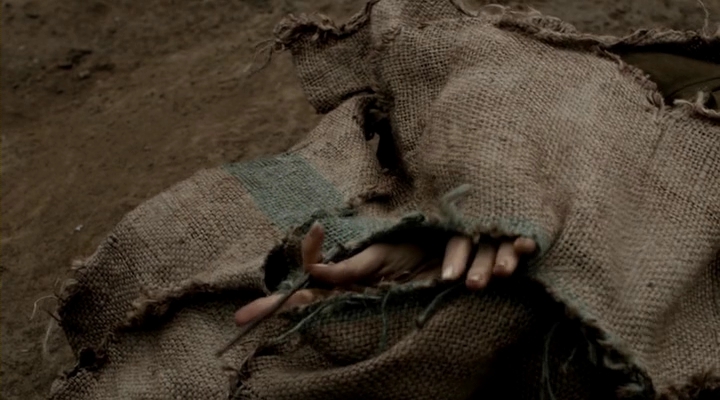
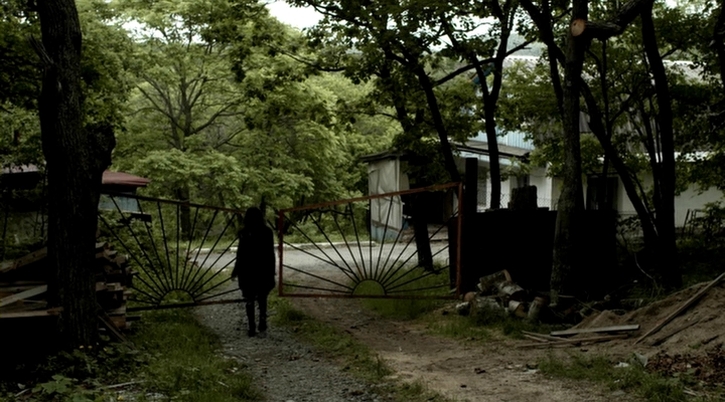
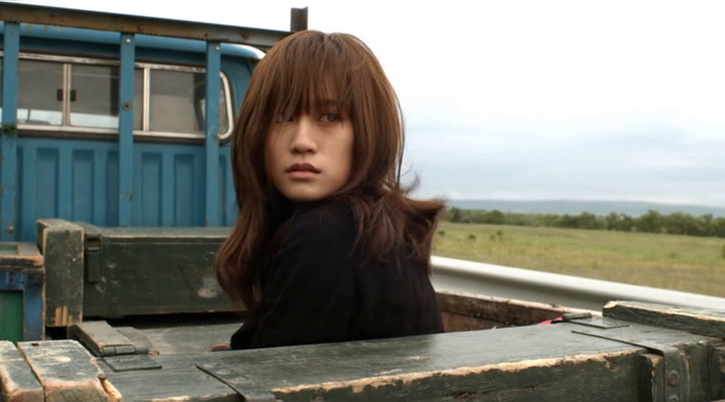
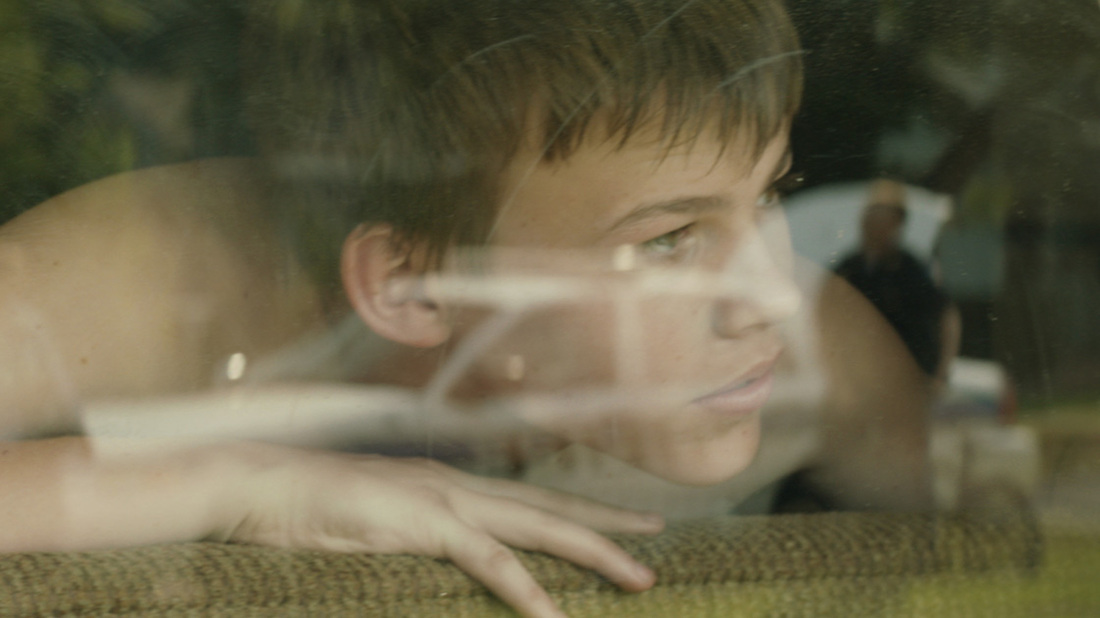
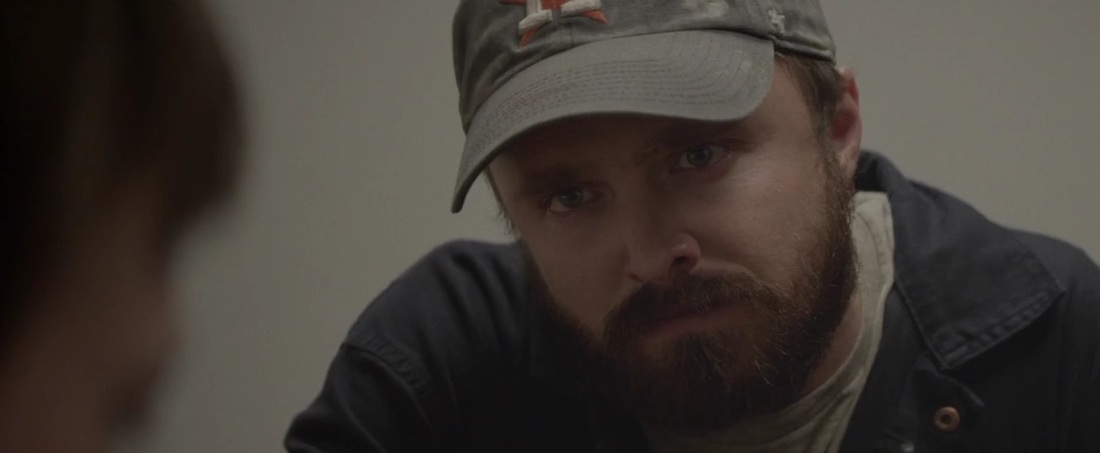

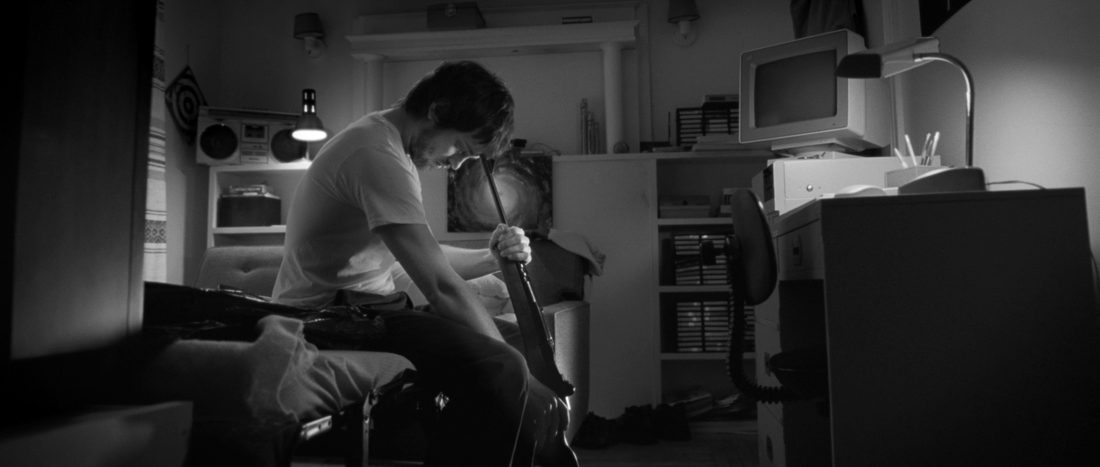
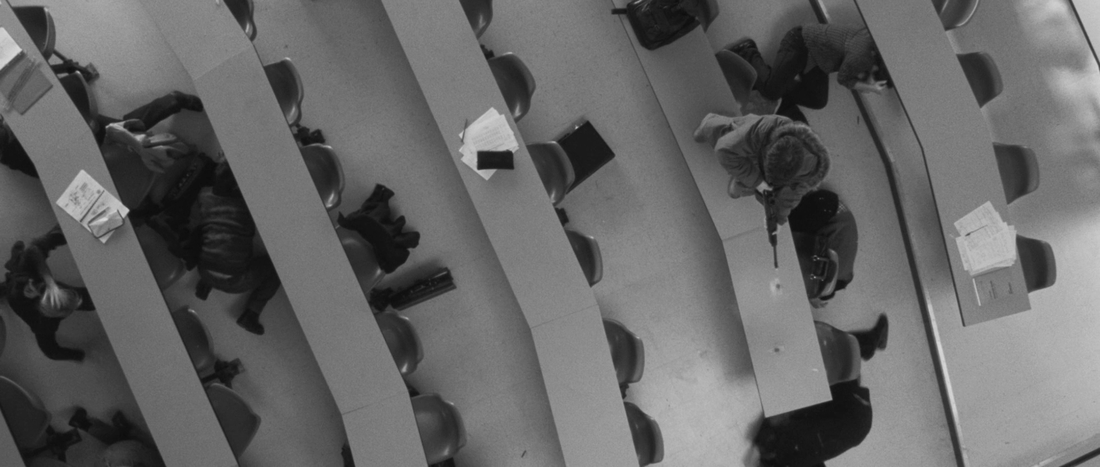
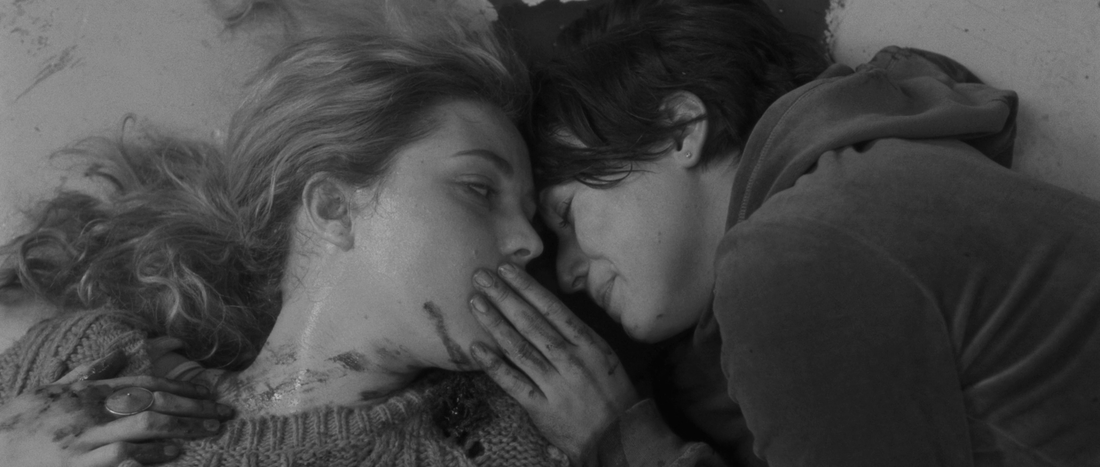
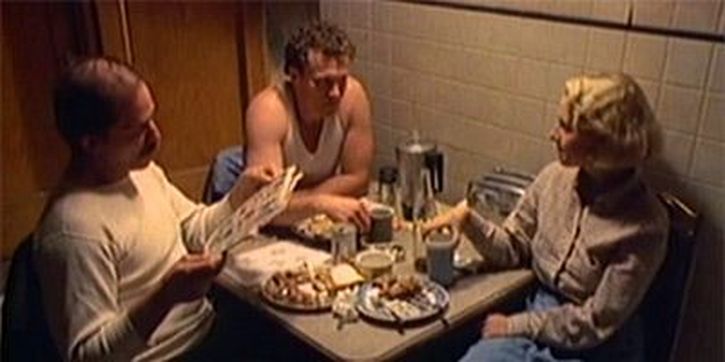
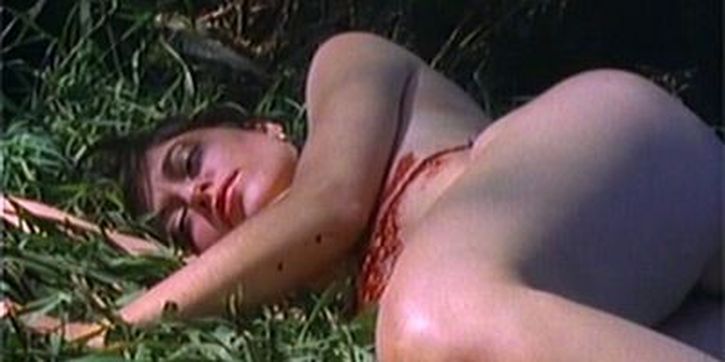
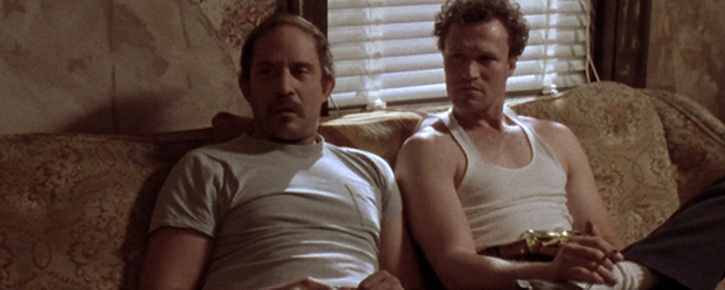
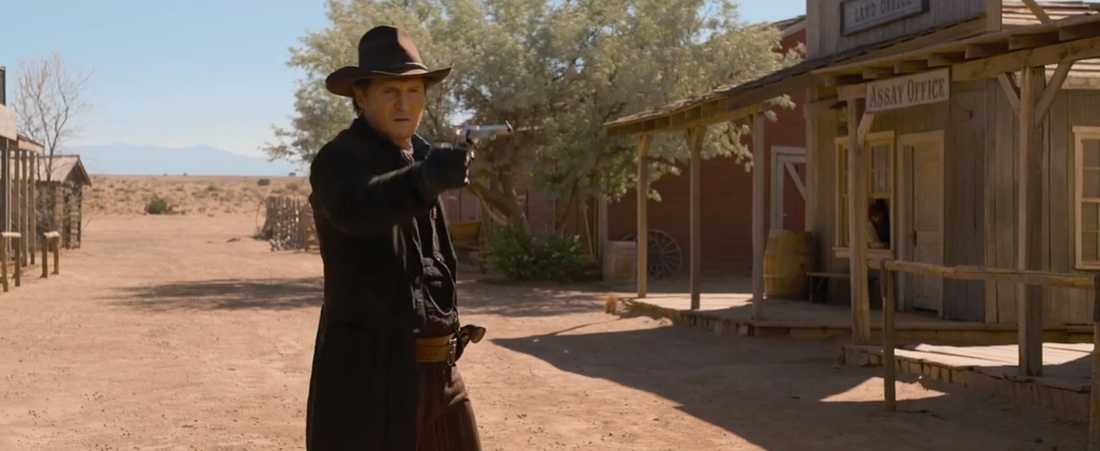
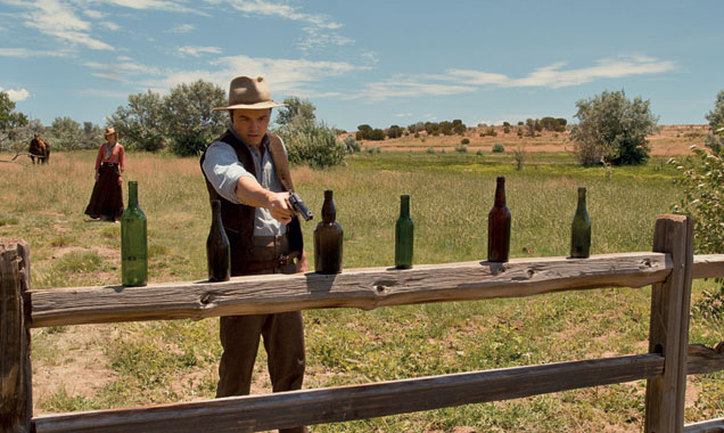
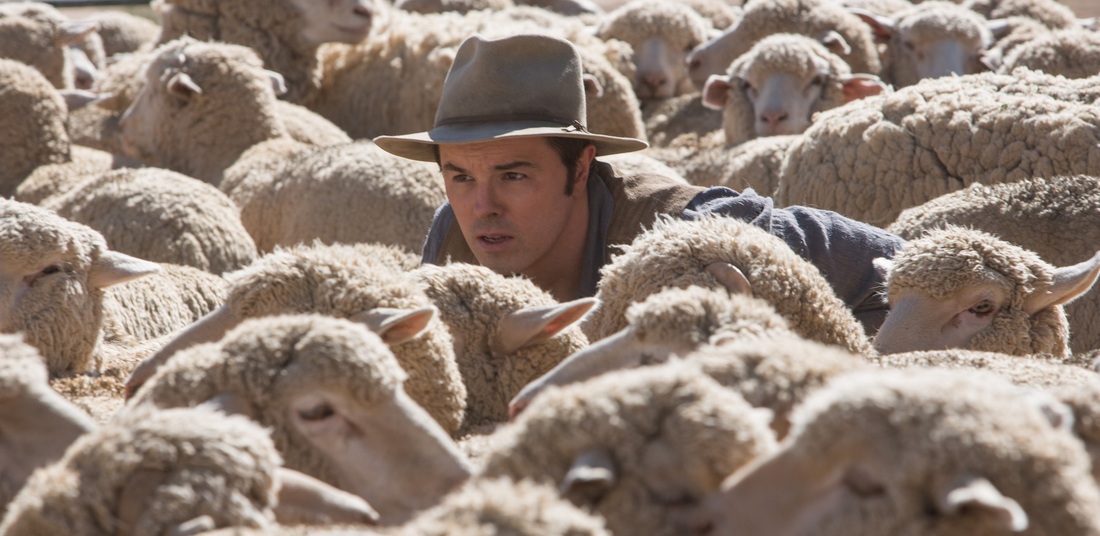
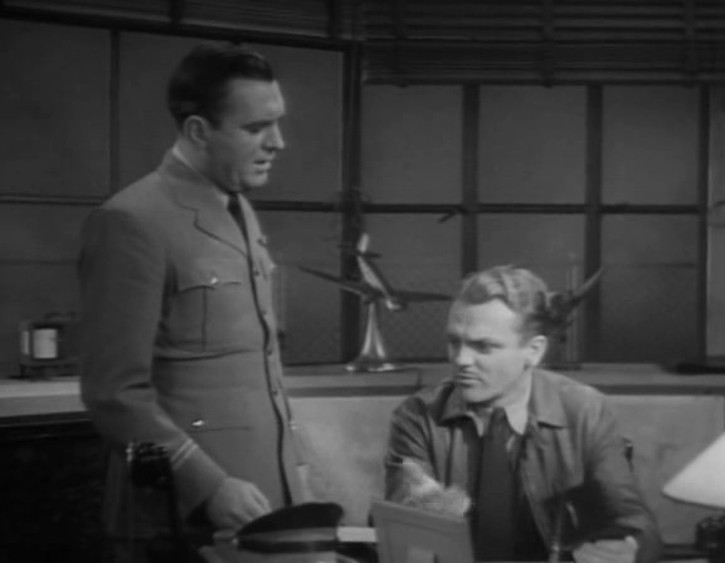
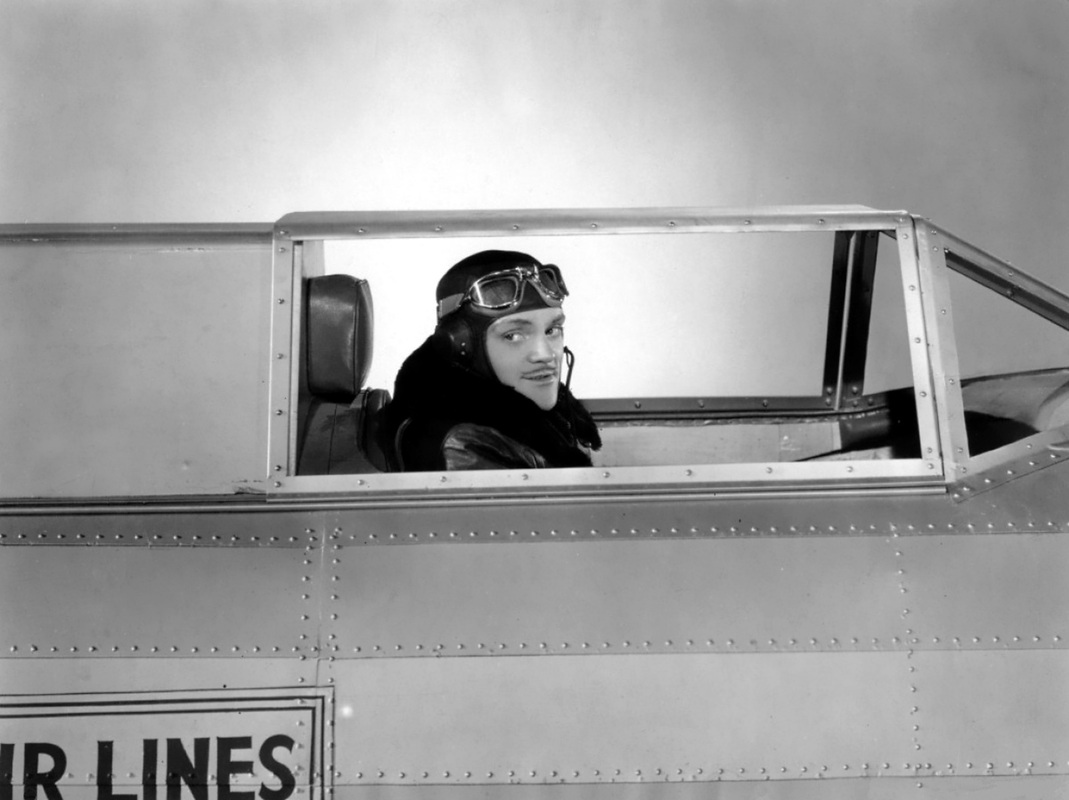
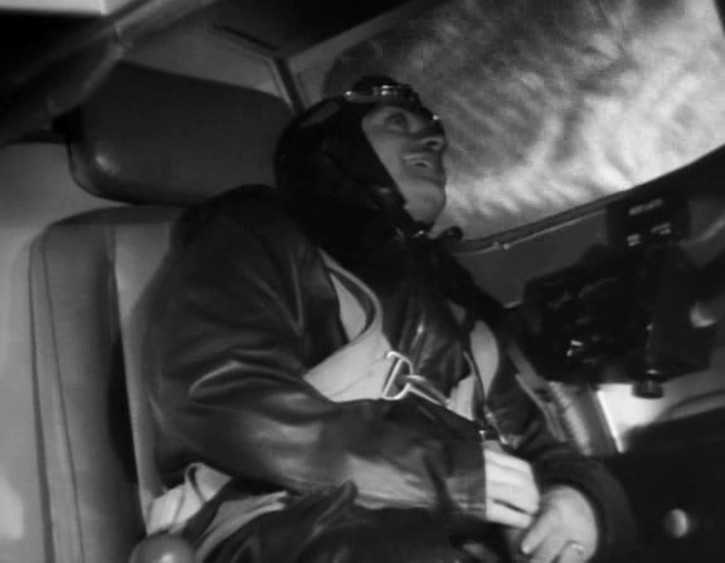
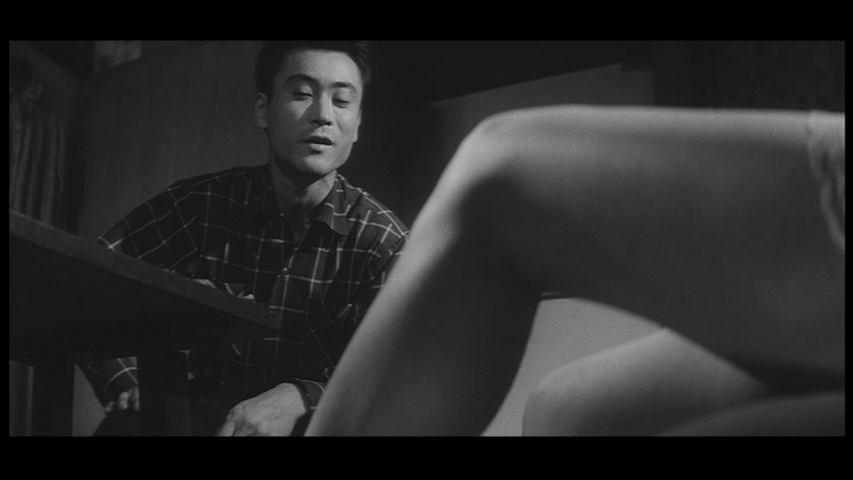
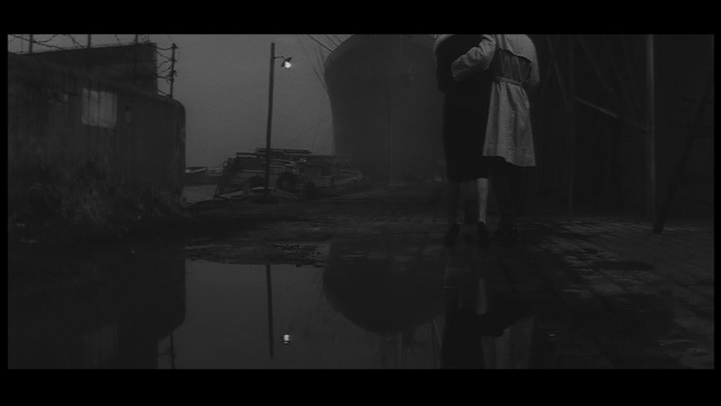
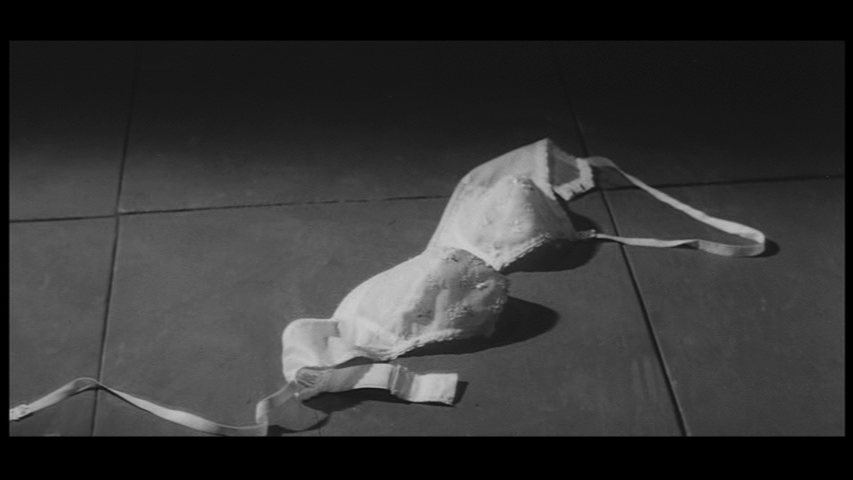
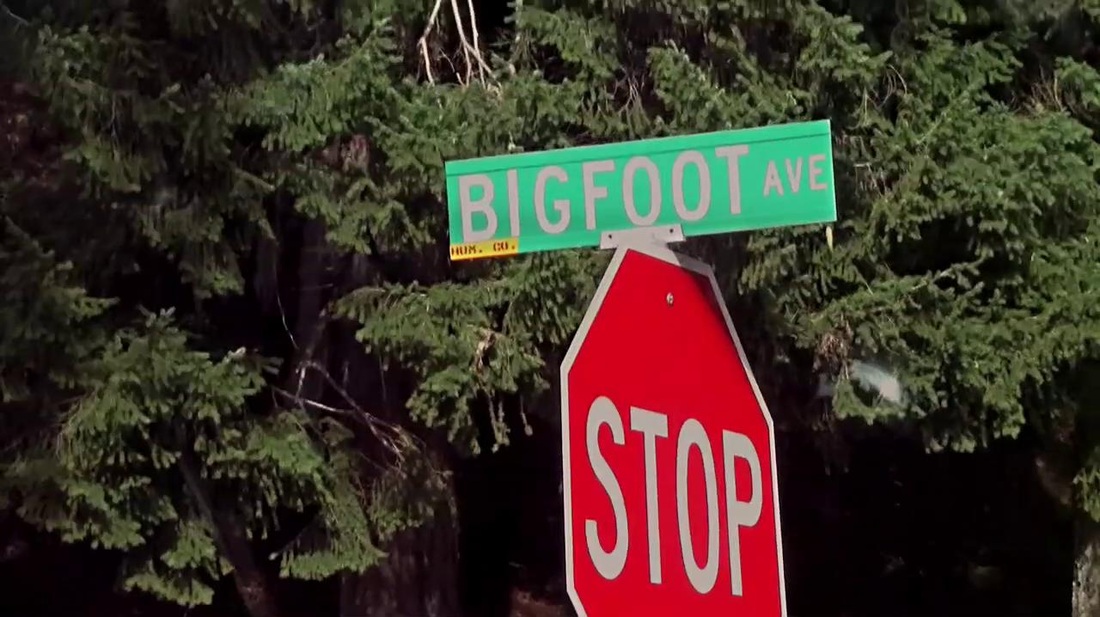
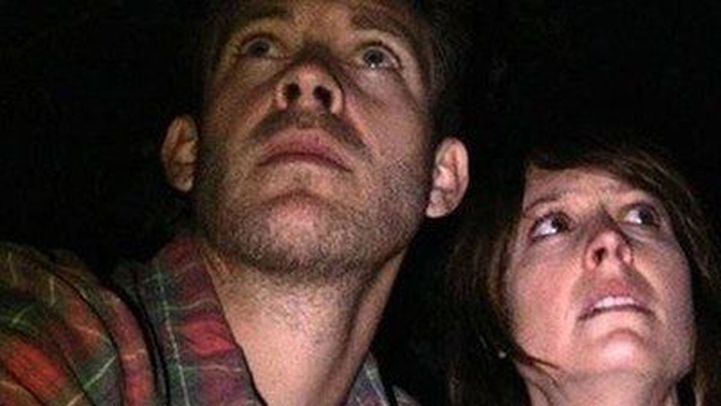
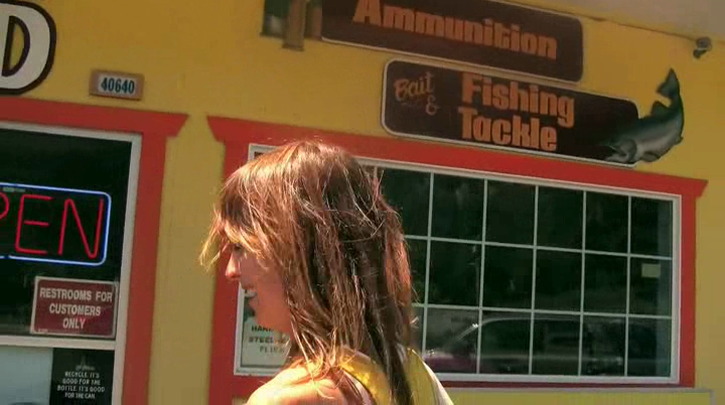
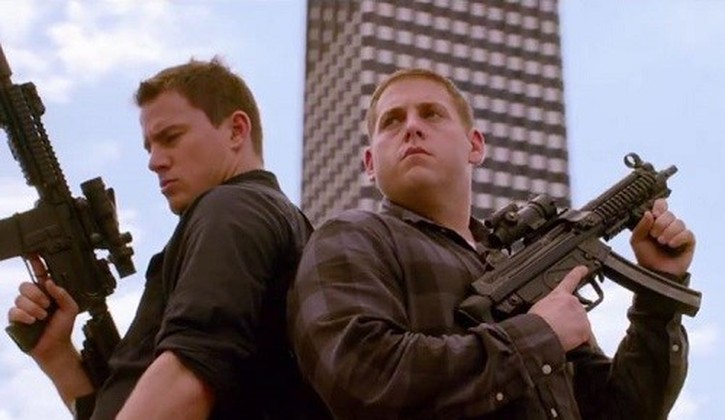
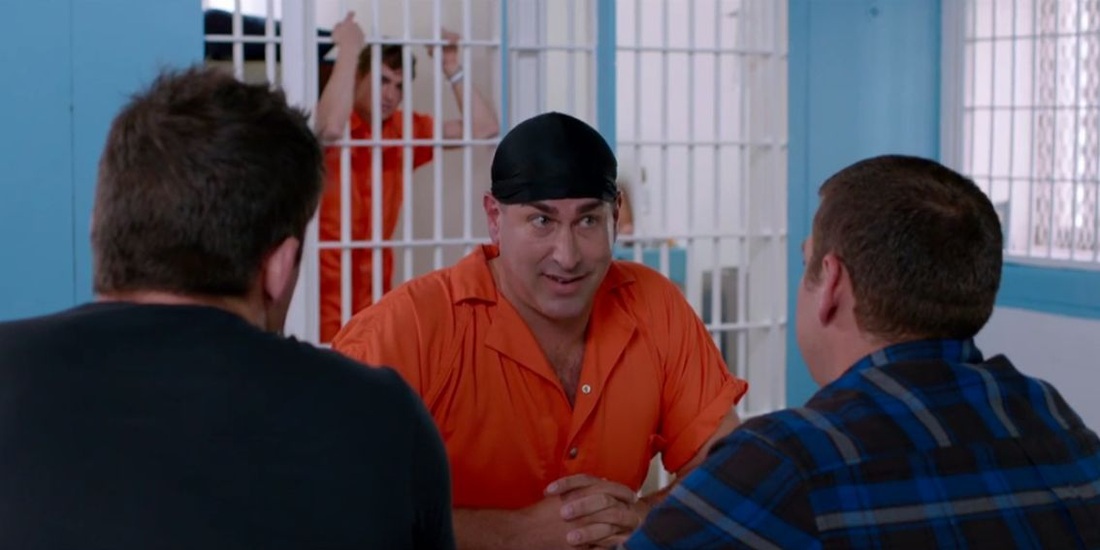
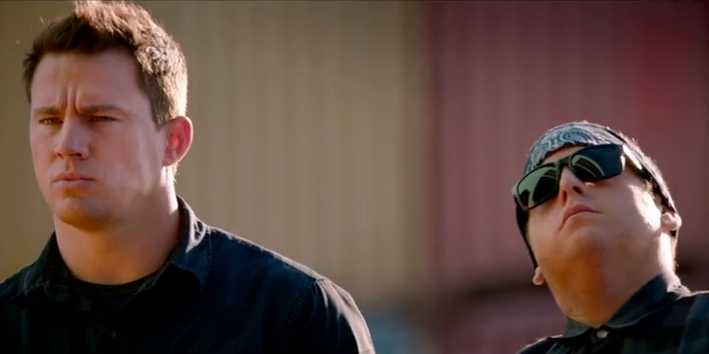
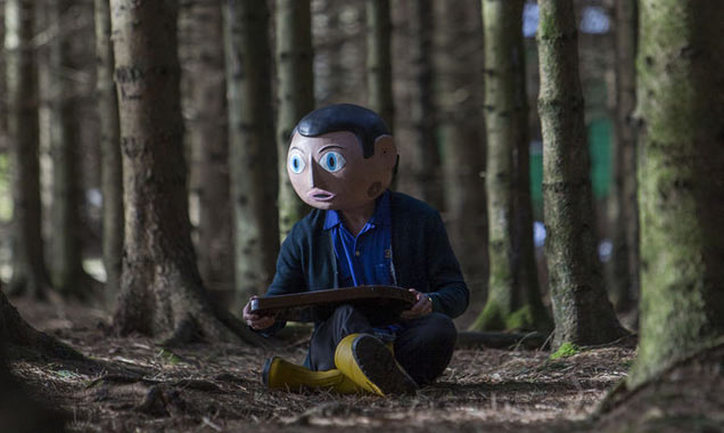
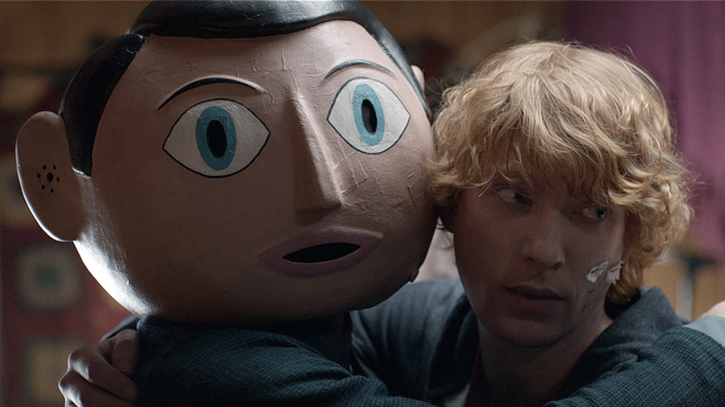
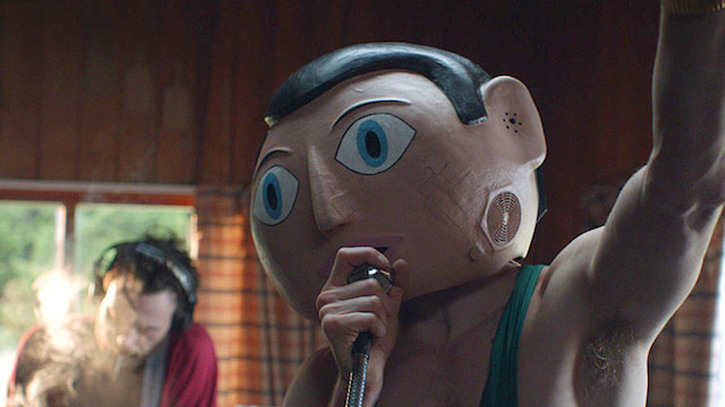
 RSS Feed
RSS Feed
